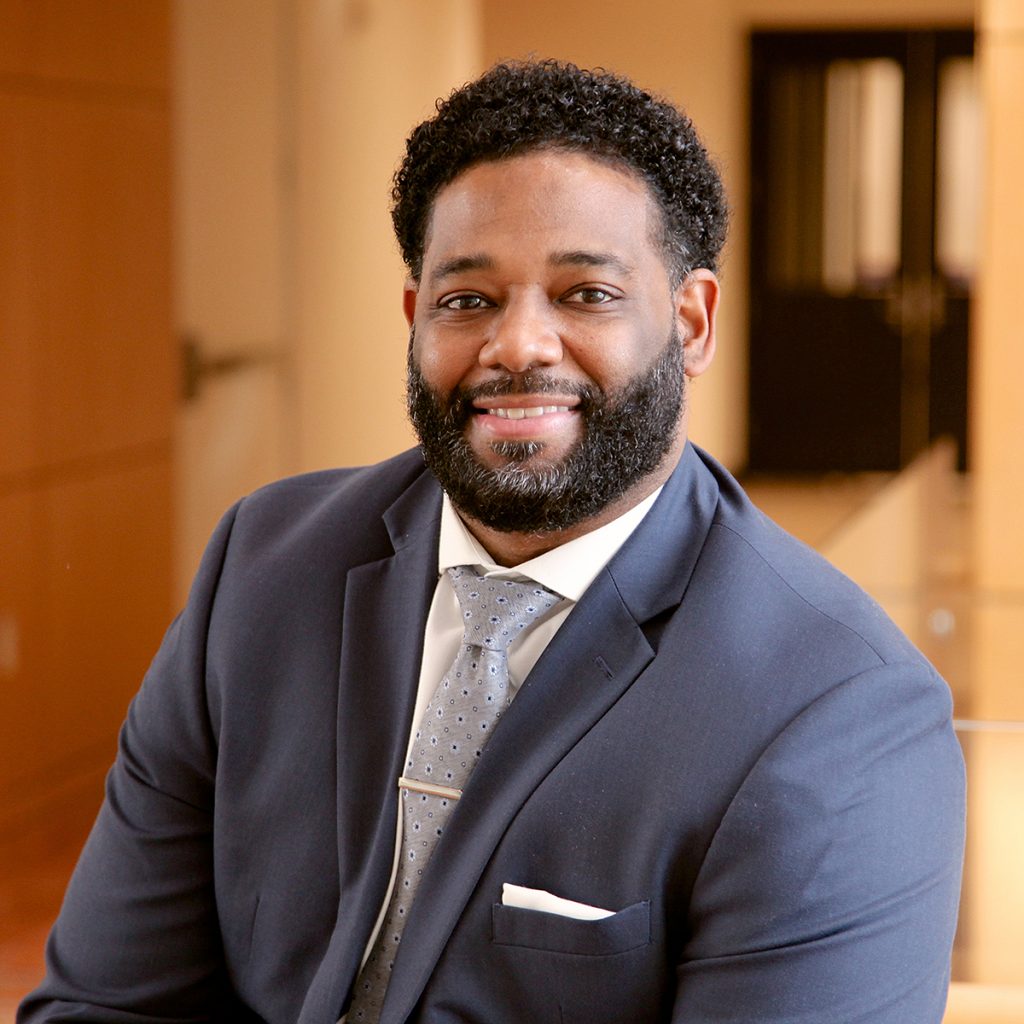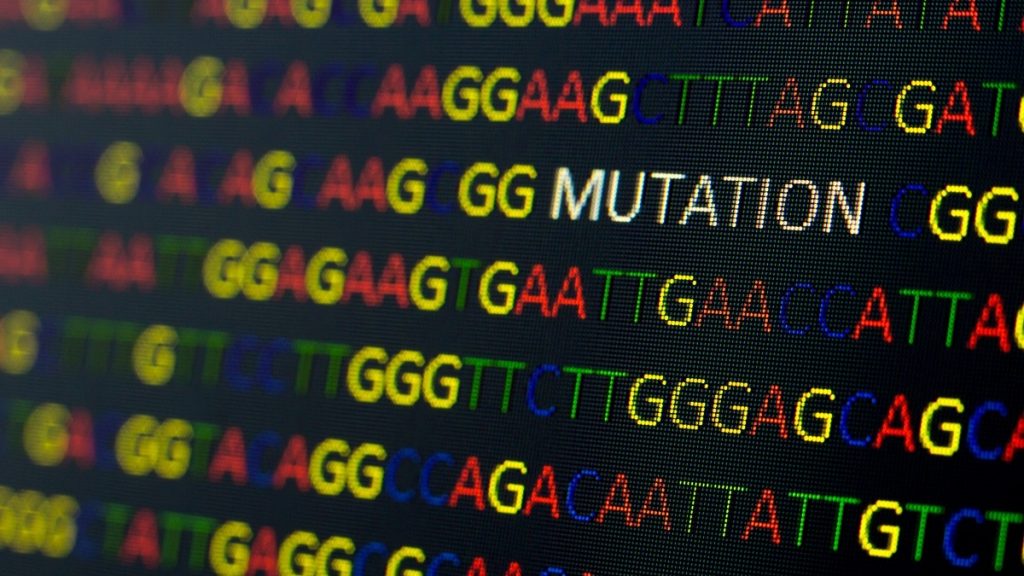Alabama families seeking genomic testing will have more options than ever before in 2018, thanks to a number of new initiatives and research projects across the state. At HudsonAlpha Institute for Biotechnology alone, more than 1000 people have undergone diagnostic genomic sequencing in the last several years; in 2018, new and ongoing projects will push that number to 1500 or more. That’s on top of the 100,000+ samples already sequenced through HudsonAlpha’s Genomic Services Lab.
“Alabama may be the best place in the country to live right now, if you are seeking genomic testing to diagnose a disease… or just to learn more about your genetic risk,” said Rick Myers, PhD, president and science director for HudsonAlpha.
The Smith Family Clinic for Genomic Medicine on the HudsonAlpha campus, along with the Undiagnosed Disease Program at UAB-Medicine, see patients with rare and undiagnosed or misdiagnosed diseases and conduct clinical genomic testing to identify the cause of disease.
“A diagnosis is critically important. If I know what you have, then I can explore the best way to treat you,” said David Bick, MD, clinical geneticist at the Smith Family Clinic. “Even if there is no treatment, a diagnosis allows families to stop looking, to stop spending, and to get access to the best services,” he added.
Clinical research programs at HudsonAlpha, as well as collaborations between HudsonAlpha and UAB Medicine, offer a number of additional avenues for genomic testing.
Greg Cooper, PhD, faculty investigator at HudsonAlpha, along with Bruce Korf, MD, PhD, of UAB-Medicine, is leading a new initiative aimed at helping the south’s tiniest, sickest patients. SouthSeq focuses on sequencing newborns in neonatal intensive care units in Alabama and Mississippi. Over the next several years, more than 1500 babies will be sequenced to identify the cause of their conditions and help guide treatment.
Dr. Cooper, along with Martina Bebin, MD, UAB neurologist; Greg Barsh, MD, PhD and Rick Myers, PhD of HudsonAlpha, has given hundreds of families new hope through the CSER program, which provides genomic testing for children with unexplained developmental delay. More than 150 children now have a solid molecular diagnosis as a result of the initiative.
One of those children is Anna Brooke Ainsworth. Her mother Miranda sought answers for eight years before enrolling her in CSER.
“This has been such a long journey for us. To get an answer that puts it all together, this is what we needed. We needed that for our family,” said Miranda Ainsworth.
“I never dreamed ten years ago that we’d be using genetics on a daily basis and actually be doing something that not only was contributing to our general knowledge about how genetics shapes our health, but in fact contributes in a very direct way a particular person or particular family,” said Dr. Cooper. “It’s very gratifying to make these kinds of discoveries and it’s also motivation to work harder.”
Another collaboration between HudsonAlpha and UAB Medicine, the Alabama Genomic Health Initiative (AGHI) offers genomic testing for both rare disease patients and adults across Alabama who are not symptomatic, but who are interested in learning about their genetic code. AGHI will enroll more than 100 patients for diagnostic whole genome sequencing, and another 2000 will undergo a genetic test that can predict the occurrence of a number of severe and preventable or treatable conditions.
“This project has resulted in immediate health benefits to some participants, and in the long term will help to address problems of chronic disease and rising health care costs in the state. It also positions Alabama as a leader at the forefront of 21st-century medicine,” said Dr. Korf.
Also new this year, a pilot program between Children’s of Alabama, HudsonAlpha and UAB Medicine will provide genomic sequencing for Children’s patients recommended for the pilot in 2018.


